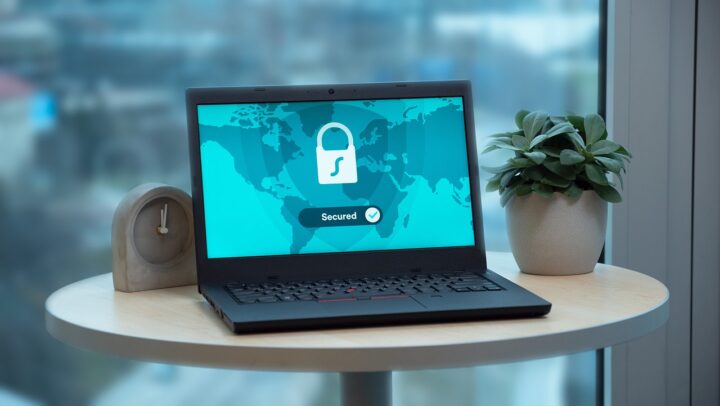Software is the broad term for all of the apps, programs, and other collections of ones and zeros that enable our digital devices to accomplish what they desire. You wouldn’t be reading this right now if it weren’t for software. Unfortunately, there’s a dark sibling to software that can severely disrupt your life: malware. But what exactly is it, and how can you protect yourself against it? And can a VPN be used to fight malware?
What is Malware?
Malware, or malicious software, is a program or file that may harm your computer. It is used by scammers and hackers to invade your device or its functions, as well as to steal your data.
Your device can be compromised by malware that searches for sensitive information (such as passwords or bank account data) and transmits it back to the attacker.
What is the Most Common Way for Malware to Get into Your System?
There are a variety of ways that harmful malware may get onto your device. Hackers have become clever in devising new methods to infect you. Because antivirus software and VPNs can’t entirely prevent malware attacks, many of these infection pathways rely on the user doing something, which is why they can’t be completely blocked.
Commonly, you get malware if you:
- Click on a malicious link in an email or text message.
- Visit a malicious website.
- Download a file from the internet (often disguised as something it’s not).
- Install a program that comes bundled with malware.
How to Avoid Being Infected with Malware
The greatest technique to combat malware is to avoid getting it in the first place. Here’s how you may defend yourself from malware:
Keep your devices and software up to date: Software programmers are in a continuous arms race with malware creators. As new malware is created, software updates hopefully will be released that recognize and remove the malicious code.
1- Use antivirus protection: This can help to block or remove malware before it gets on your device. It’s not foolproof, but it’s an extra layer of security.
2- Be cautious about what you click on and download: Only open email attachments from people you know, and be wary of links in messages, even if they appear to come from a trusted source. When downloading files, make sure they come from a reputable source.
3- Use a VPN: A VPN like Surfshark VPN encrypts your internet traffic, making it much harder for hackers to see what you’re doing or steal your data. A VPN also provides a layer of anonymity, as your real IP address is hidden from the sites you visit.
Is a VPN Effective Against Malware?
It is debatable. A VPN may not prevent you from becoming infected with malware. A VPN cannot shield you from viruses or other similar dangers unless you secure your Wi-Fi connection against man-in-the-middle attacks.
What a VPN can accomplish is encrypt the data you transmit and receive. So, while a VPN will prevent others from seeing your download if you’re downloading an infected app, it won’t protect you against sending the file. The same precautions apply when it comes to opening phishing messages or interacting with infected sites. That’s why firewalls, free malware removal tools, and antivirus software are there.
A VPN can help you defend yourself from malware. Because a VPN by default blocks ports, it makes it difficult for malware to establish a connection with its handler and transmit data or get instructions. Aside from that, many VPNs include extra ad-blocking features such as CleanWeb, which are intended to enhance your online privacy.
Follow Techdee for more!
